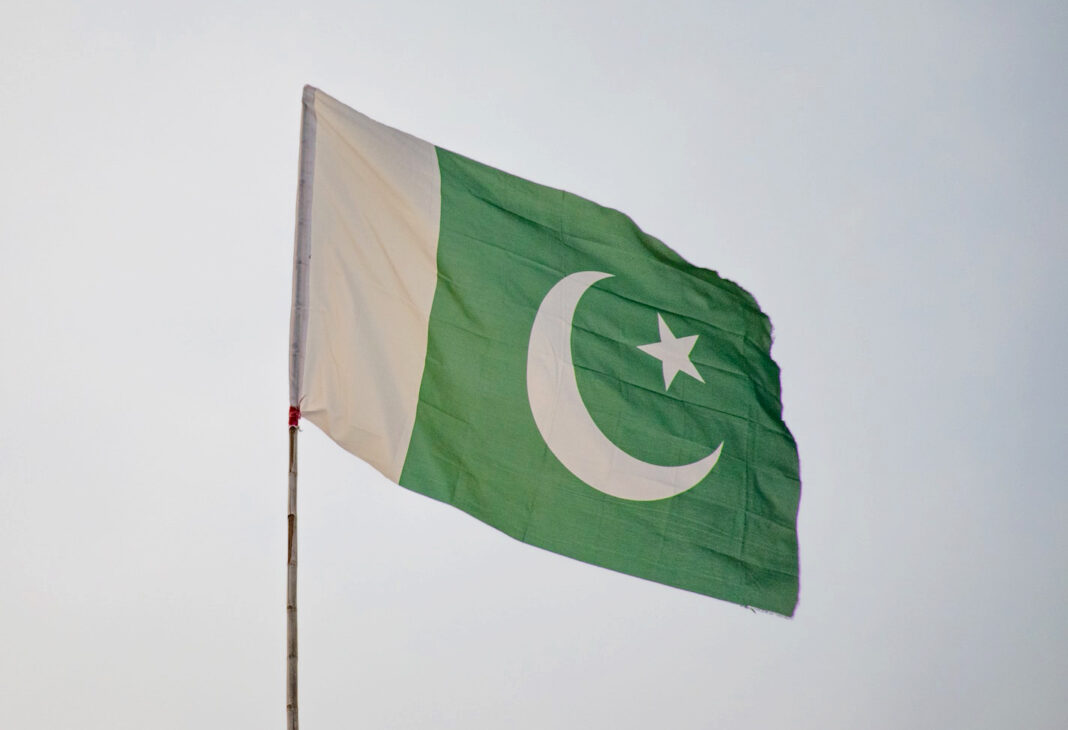By Niamah Sarwar
On the 14th of June, Pakistan suffered from extreme monsoon rains, flooding the region completely. Half a year later, the water has finally calmed, but the damage remains.
After six weeks, the rains ceased and fields began to drain, but to this day swaths of farmland remain waterlogged. Infectious diseases are rampant and food shortages continue to loom (UNICEF, 2022).
75,000 square kilometres of the country had been underwater for several weeks (NASA, 2022), killing almost 2,000 people, injuring an additional 12,867 (NDMA, 2022), and upturning the lives of 33 million people, 16 million of whom were children (UNICEF).
As well as the irreversible damage done to the agriculture and people, the country also suffered economic loss of USD $15.2 billion, with an extra $14.9 billion in damage (World Bank, 2023). The farming sector also suffered, with the death of 1,164,270 livestock, contributing to the food shortages (NDMA, 2023).
In 2020, The Lancet Planetary Health found that the global North is responsible for 92% of all climate change, 40% due to the United States and 29% from the EU (Science Direct, 2020). In contrast, despite contributing only 8% to the breakdown of the atmosphere, the Global South sees the most devastating effects of climate change.
Author of the study Jason Hickle, an anthropologist and lecturer at Goldsmiths University, illustrates the results as “atmospheric colonisation”: many countries with disproportionate responsibilities “[have] relied on the appropriation of labour and resources from the Global South for their own economic growth, they have also relied on the appropriation of global atmospheric commons, with consequences that harm the Global South disproportionately.”
“We have to have some way of assigning liability for damages.…If Bangladesh goes under water, who is liable for that? If a third of species get wiped out, who is liable for that? Who should cover the costs of this extraordinary loss?” Hickle said in reference to the importance of allocating blame to specific nations for their contribution to climate change.
The UN estimates that, by 2050, the cost of adapting to climate change will be roughly $500 billion per year (UN, 2016). Hickle suggested that each country pay towards this depending on their contribution to climate damage. For example, as the USA is responsible for 40% of climate change, they should pay 40% towards the $500 billion.

